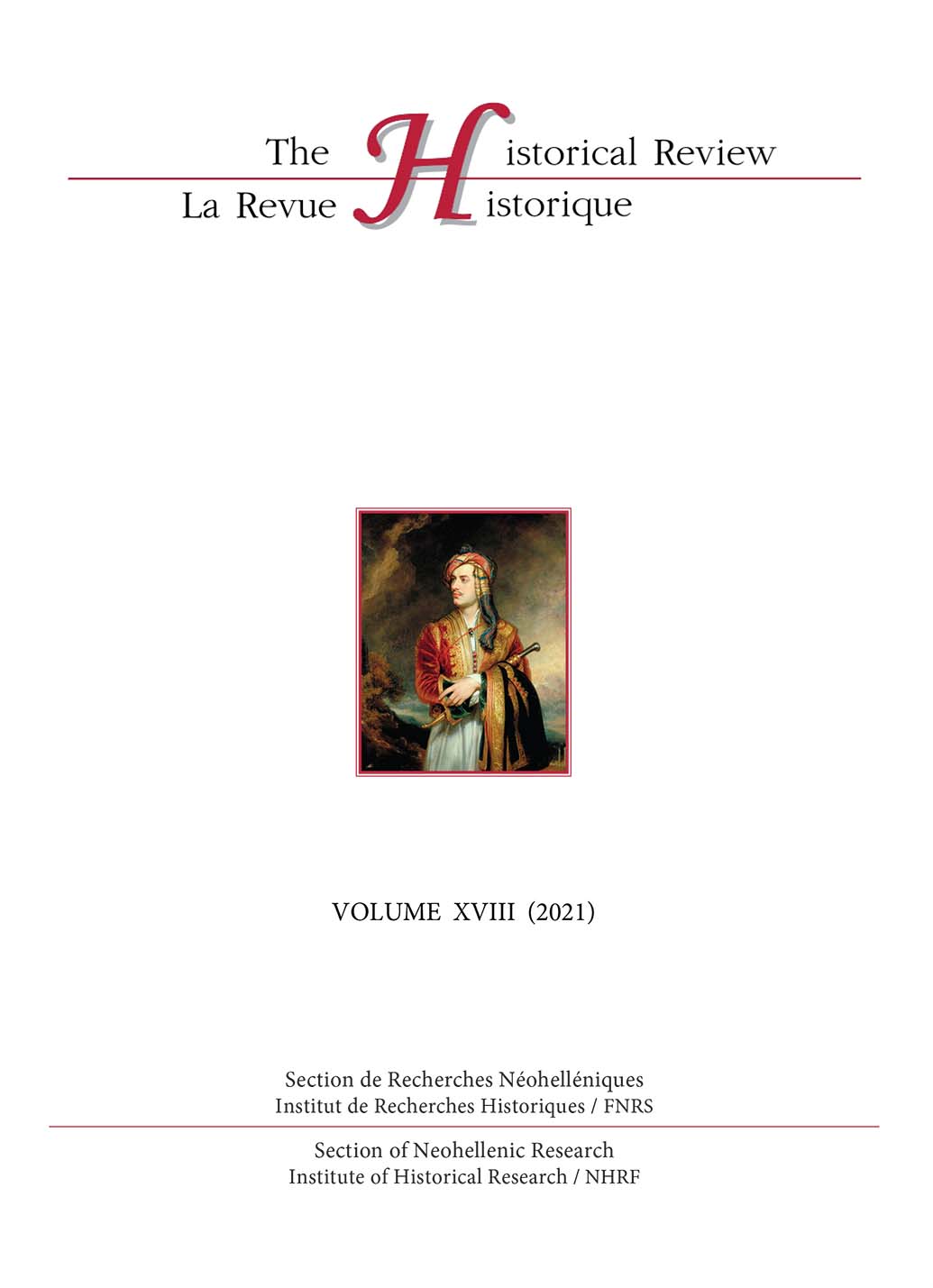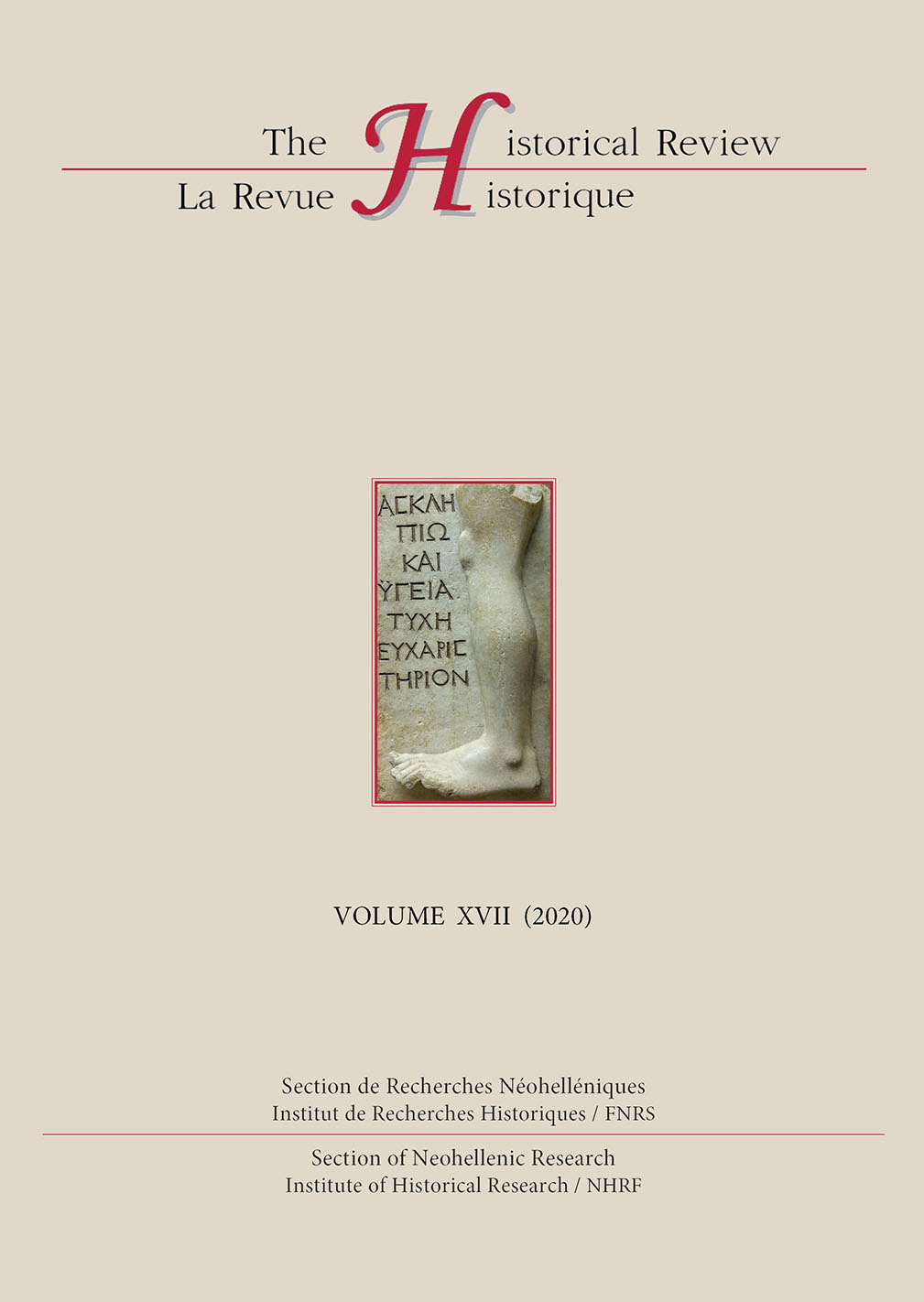“Normal Children” and “Sick Feelings” in Greek Pedagogical Discourse during the Interwar Period, 1911–1939
Abstract
in the early twentieth century, pedagogy, both as theory and practice, was revisited under the influence of two important reform movements. Pedagogy, a newly emerging discipline, established itself as an academic field and placed children, and their needs and experiences, at the core of its research. in greece, the attempt to study the physical and mental development of children was closely linked with the attainment of national goals. This article looks into the attempt of interwar greek educators to delineate and demarcate “normality” and “morbidity” with regard to the development and expression of feelings during childhood. we examine how contemporary sociopolitical conditions, as well as eugenics, influenced not only the scientific discourse on “pathological” emotions but also the ways a new signification model of “normal” and “anomalous” child emotions impacted public discourse on education and the development of the educational system in greece.
Article Details
- How to Cite
-
Karakatsani, D., & Nikolopoulou, P. (2022). “Normal Children” and “Sick Feelings” in Greek Pedagogical Discourse during the Interwar Period, 1911–1939. The Historical Review/La Revue Historique, 18(1), 93–110. Retrieved from https://ejournals.epublishing.ekt.gr/index.php/historicalReview/article/view/31406
- Section
- Special Section

This work is licensed under a Creative Commons Attribution-NonCommercial-ShareAlike 4.0 International License.
The copyright for articles in this journal is retained by the author(s), with first publication rights granted to the journal. By virtue of their appearance in this open access journal, articles are free to use with proper attribution in educational and other non-commercial sectors. The Historical Review/La Revue Historique retains the right to publish papers that appear in the journal in collective volumes published by the Institute for Neohellenic Research/National Hellenic Research Foundation.
Sample acknowledgement: Reprinted with permission from the author. Original publication in the The Historical Review/La Revue Historique www.historicalreview.org
This work is licensed under a Creative Commons Attribution-NonCommercial-ShareAlike 4.0 Greece License. To view a copy of this license, visit http://creativecommons.org/licenses/by-nc-sa/4.0/ or send a letter to Creative Commons, 543 Howard Street, 5th Floor, San Francisco, California, 94105, USA




